If you use social media, it is important to examine how this affects you and whether it is exacerbating unwanted feelings and symptoms. It is important to consider both the benefits and risks of social media, in addition to understanding how to detect if social media negatively impacts your mental health and how to manage its effects.
The Benefits and Risks of Social Media
The use of social media is widespread throughout the world and can serve as a tool for connecting (Naslund et al., 2020). A user may have the opportunity to connect with other users and create a peer-to-peer support network, even anonymously, (Reid and Weigle, 2014). Our connections with others provide us with the opportunity to share our creativity or to connect with others experiencing similar struggles across the globe.
Social media, however, presents some challenges that users may overlook. It is easy for people to forget when posting to social media that it is public and will remain on the Internet for the rest of their lives. Risky behavior, such as sexting, may be uploaded to the internet for everyone to view (Reid and Weigle, 2014). Users may also experience cyberbullying or hostile interactions with others, which may negatively impact their mental health (Naslund et al., 2020). Furthermore, there is a great deal of misinformation on social media, for example, users may find pro-self-harm or pro-eating disorder content that promotes these activities as healthy and safe (Reid and Weigle, 2014). All of these factors can adversely affect your mental health and well-being.
How do I know if Social Media is Impacting my Mental Health?
There may be times when it is obvious that social media is negatively affecting our mental health. Other times, we may not even be aware of the impact social media has on our lives. In order to manage social media usage, it is important to be aware and intentional about how social media affects you before, during, and after use.
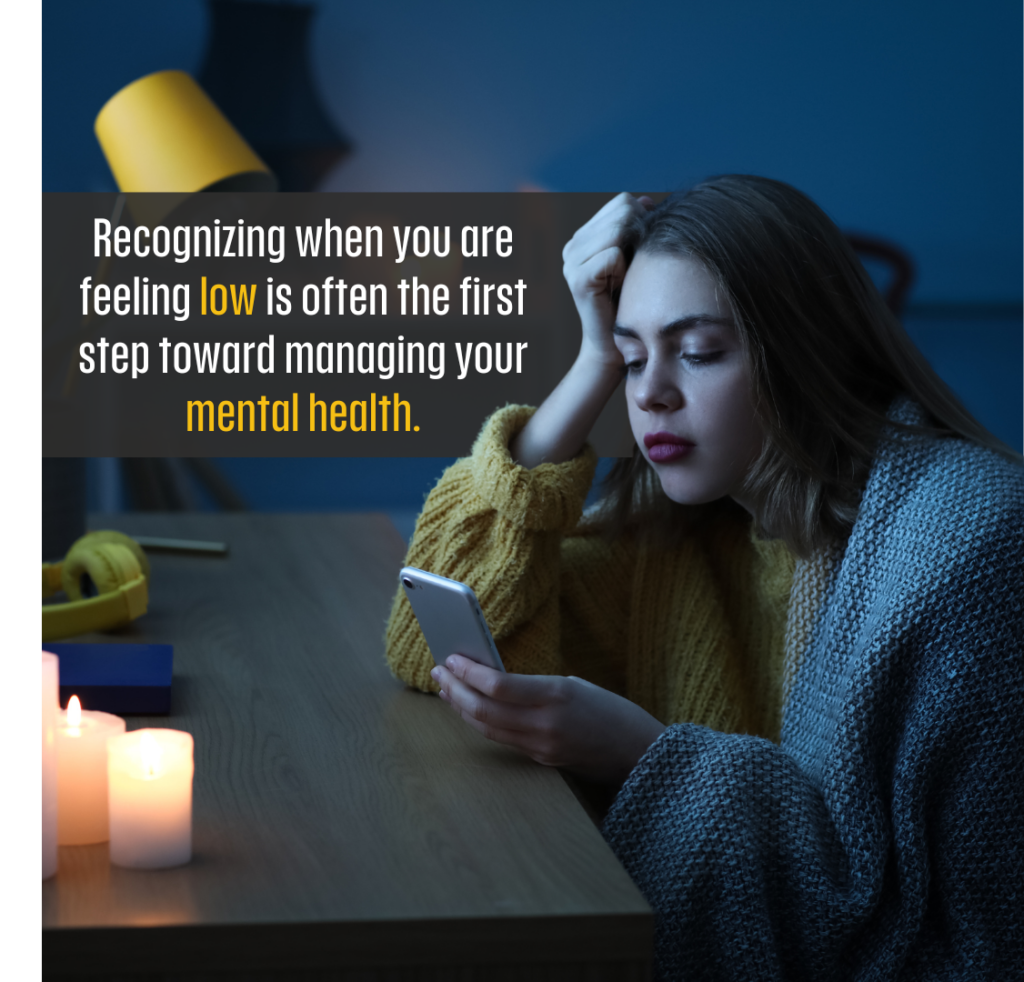
The following symptoms can indicate that social media is negatively impacting your mental health:
- You experience increased feelings of anxiety and/or depression, (Naslund et al., 2020).
- You find that you are comparing yourself to others, (Strickland, 2014).
- You experience a “Fear of Missing Out” (FOMO) as you use social media, (Naslund et al., 2020).
- You are having a difficult time focusing on school, work, and/or other important tasks, (Miles, 2022)
- You are spending much of your free time on social media, (Strickland, 2014).
- You engage in risky trends, or unsafe behavior, for social media (Reid and Weigle, 2014).
If you experience any of these symptoms, you should not ignore them. Recognizing when you are feeling low is often the first step toward managing your mental health.
How can I manage the effects of Social Media on my Mental Health?
Symptoms of social media usage can be managed, even when you are struggling to manage it. Unplugging from social media or deleting it may be beneficial, but it may not always be possible.
Social media usage can be managed to support mental health in the following ways:
- Viewing Content Mindfully
- Content that prompts feelings of anger, anxiety, or depression may affect your mental health (Cook, 2023). You don’t have to engage with content that doesn’t make you feel good. Unfollow content that doesn’t serve your needs.
- Navigating Negative News
- Rather than watching the news, consider sharing it or donating to the cause. Studies show that active social media participation can reduce hopelessness (Huff, 2022).
- Limiting Social Media Time
- Set a timer manually or set restrictions on your phone so you can limit your social media usage, (Cook, 2023).
- Prioritizing People and Hobbies
- Set times when notifications and social media are disabled to spend time with others or pursue your hobbies. You can connect with those around you by turning your phone off during mealtimes or substituting social media for other activities such as volunteering or taking walks.
- Talking to a Professional
- It may be beneficial for you to seek professional assistance if you have tried these strategies and have been unsuccessful, or if you need more support in general.
“Only a flesh-and-blood person sitting across from you can fulfill the basic human need for connection and belonging.”
– Cook, 2023

Taking Control of our Social Media Experience
It is important to use social media with caution, and to be aware of the ways in which social media can negatively affect our lives. If social media is affecting your mental health, try a few of these tricks to manage your social media usage. If that does not work for you, consult a mental health professional who can help you to find effective strategies for managing your symptoms.
If you are interested in talking to a professional at Pacific Mental Health, please reach out at [email protected]. If you are experiencing an emergency, reach out to the crisis clinic line, at 9-8-8 or at www.988lifeline.org.
References
- Cook, O. (2023, January 26). 8 tips to protect your mental health from toxic social media. MPCP. https://www.mpcp.com/articles/healthy-lifestyle/title8-tips-to-protect-your-mental-health-from-toxic-social-media/#:~:text=Research%20has%20found%20that%20taking,in%20less%20loneliness%20and%20depression.
- Huff, C. (2022, November 1). Media overload is hurting our mental health. here are ways to manage headline stress. Monitor on Psychology. https://www.apa.org/monitor/2022/11/strain-media-overload
- Miles, M. (2022). Social Media and Mental Health: The good, the bad, and how to deal. BetterUp. https://www.betterup.com/blog/social-media-and-mental-health
- Naslund, J. A., Bondre, A., Torous, J., & Aschbrenner, K. A. (2020). Social Media and Mental Health: Benefits, risks, and opportunities for research and Practice. Journal of Technology in Behavioral Science, 5(3), 245–257. https://doi.org/10.1007/s41347-020-00134-x
- Reid, D., & Weigle, P. (2014). Social media use among adolescents: Benefits and risks. Adolescent Psychiatry, 4(2), 73–80. https://doi.org/10.2174/221067660402140709115810
- Strickland, A. (2014). Exploring the effects of social media use on the mental health of Young Adults. STARS. https://stars.library.ucf.edu/honorstheses1990-2015/1684/
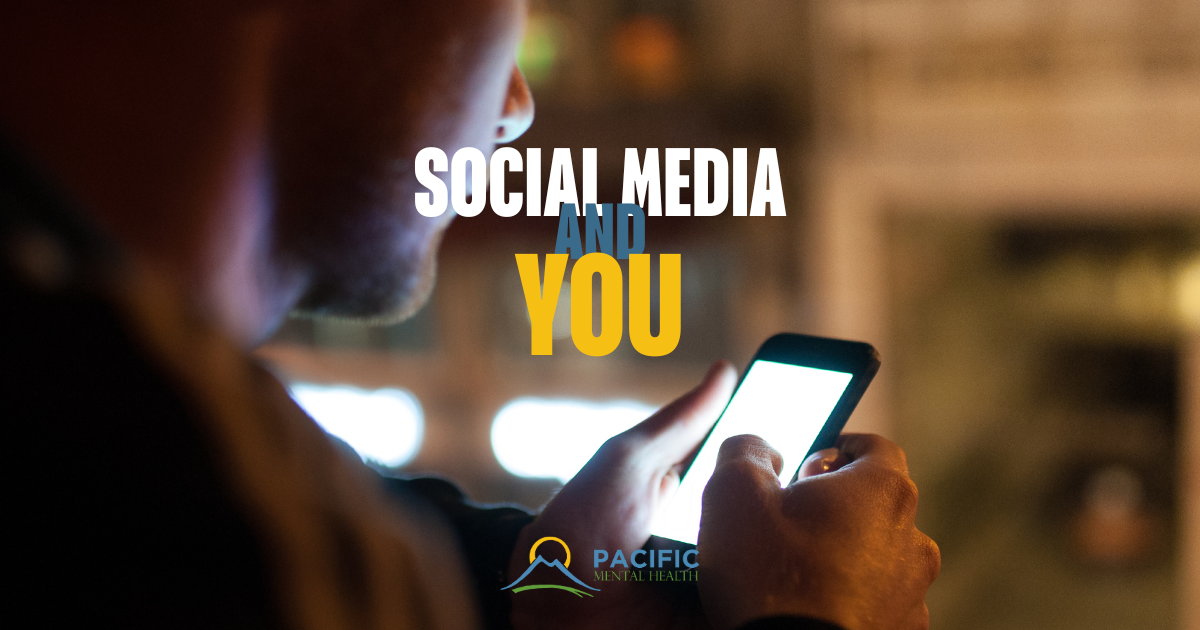

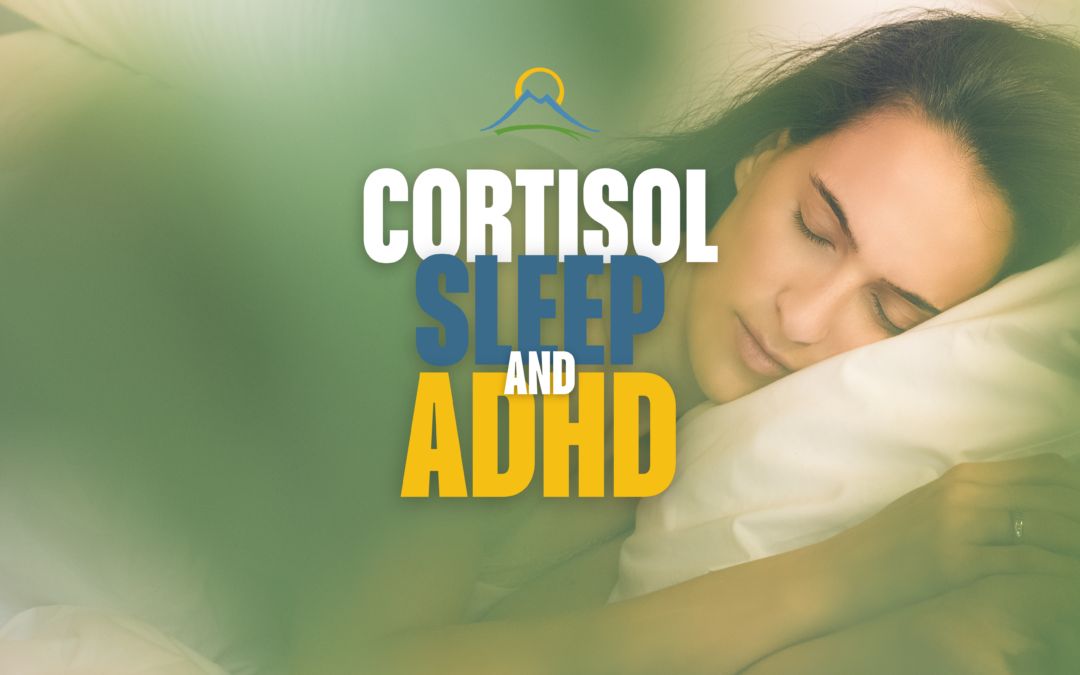
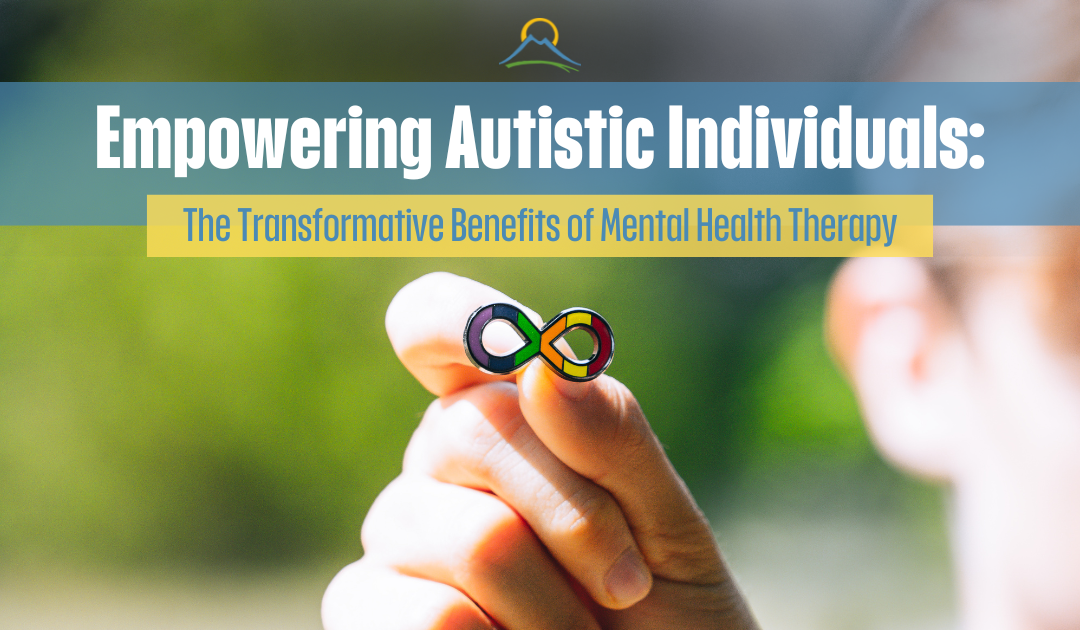
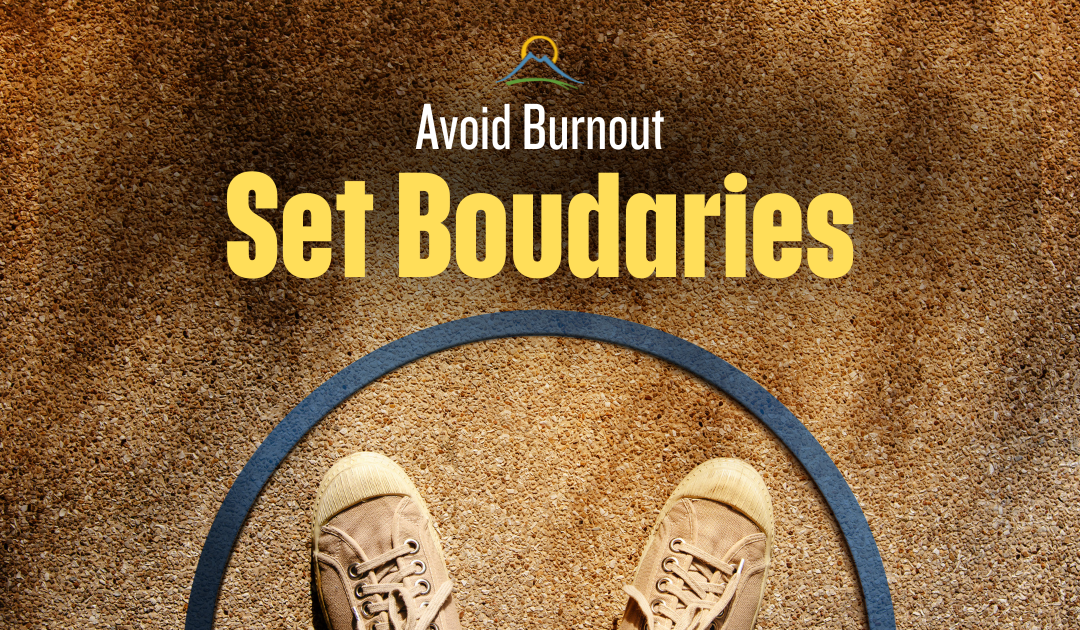

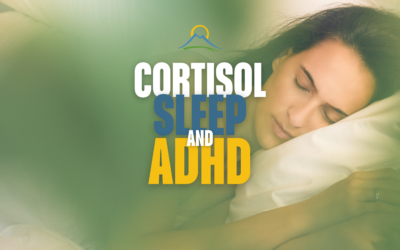
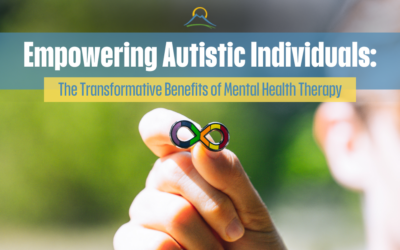
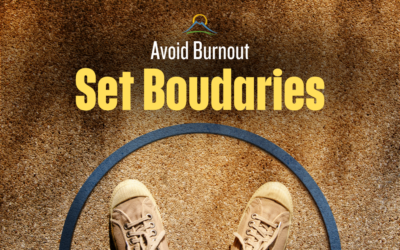
0 Comments